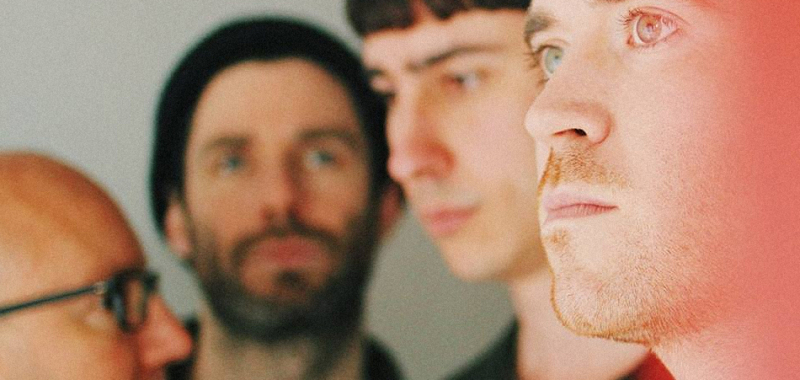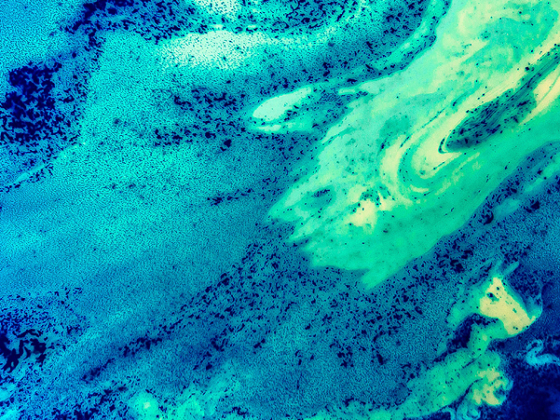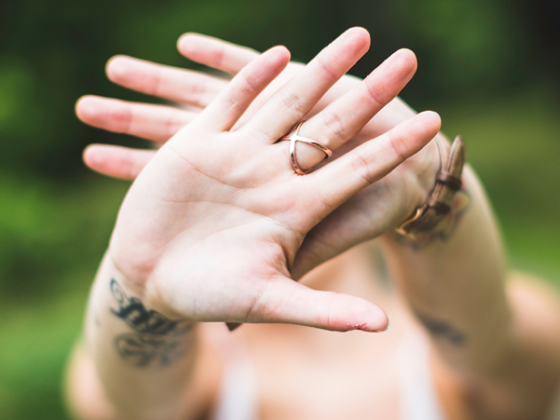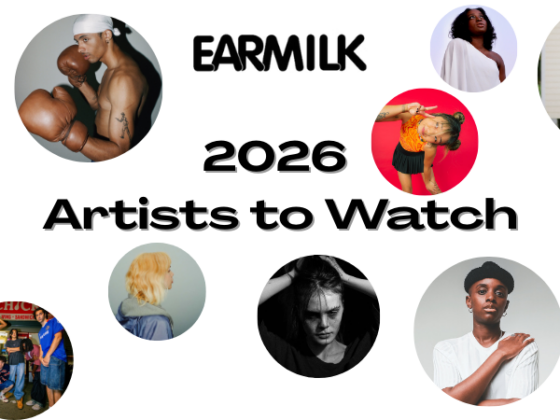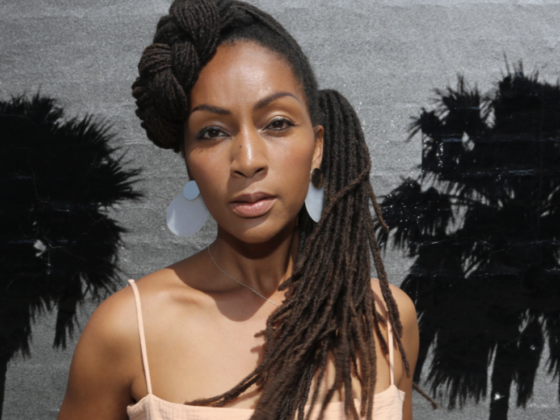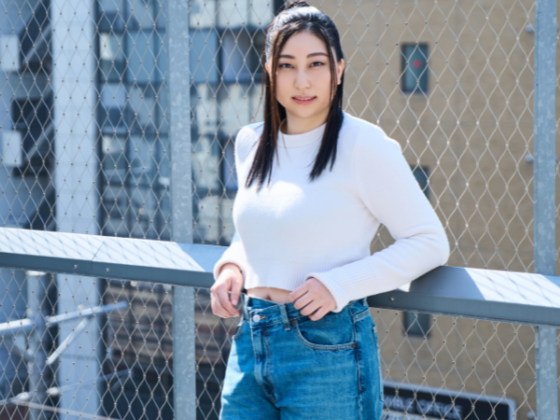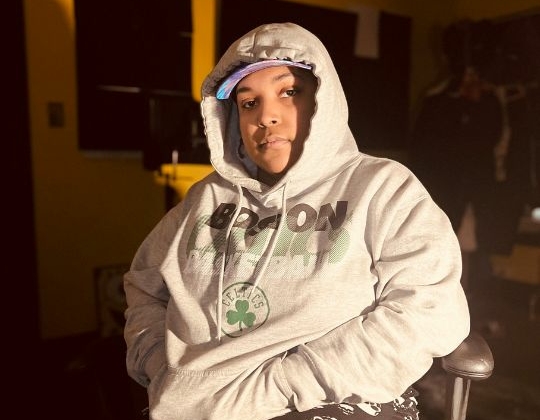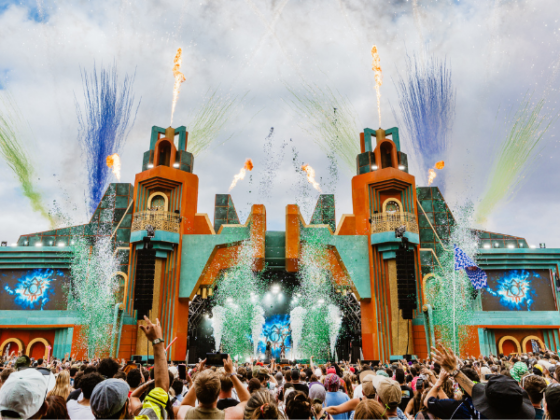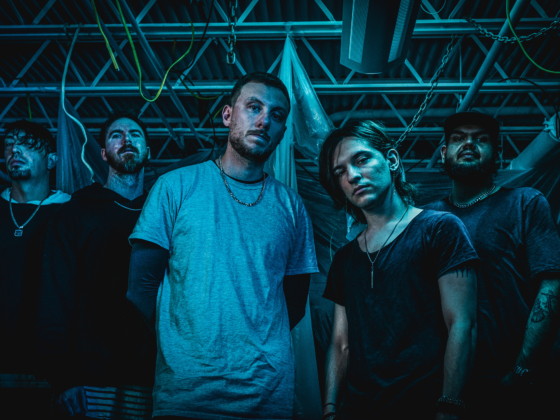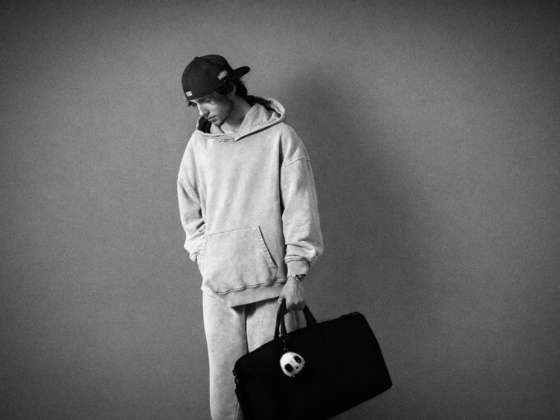On Friday London quartet Zola Blood released their fantastic DIY debut record Infinite Games with independent label Pond Life. The record which was assembled over a year (almost entirely) in the band's studio in Hackney Wick, was finished in Leeds with "Play Out" recorded by Richard Formby (Wild Beasts, Darkstar). Their debut album entitled Infinite Games was inspired by a James P. Carse novel. The abstract novel is about a 'game theory' with Matt explaining:
"It's the idea that everyone has been conditioned in life; things like sports, and war, have a winner and a loser at the end. Everyone wants to win at the end, but Carse's theory is to play to stay in the game, which manifests in normal life as being open-minded."
Their poignant lyrics, which are flooded with metaphors and clever hidden meanings compliment this perfectly. Infinite Games, seemingly is about the realisation that there are infinite possibilities or choices people can make. The title track and first song on the LP is the perfect introduction to the band and the record. "Infinite Games" exquisitely meshes Zola Blood's subdued and sophisticated techno influenced sound with more 'pop' song structures and reflective artwork. "Infinite Games" is the only song with brass on, building in swells reminiscent of Nils Frahm, and ending with a swirling waterfall of sound to bathe in. I met up with them to talk about what it was like being independent, crowd-funding their album, Infinite Games.
It almost seems there is an online movement to only release individual singles, and shorter releases. Given the success of some of your songs, such as "Islands" did you feel a lot of pressure to write 'singles' for the album?
Ed: "We all grew up listening to albums, and it’s everything we wanted to do; a complete body of work. There's more freedom artistically; it's stifling to try and write 'singles' all the time. We’d like to write 5/6 minute long songs with no chorus for 3 minutes, although we recognise that's a long time without a chorus!"
What do you think it's like being an independent artist releasing your debut album compared to a Major label?
Matt: "The longer we’ve been doing it; the more keen we are to stay independent. Where it would be great to have major label support would be touring. It eats a load of time and costs a load of money. We’ve been thinking about having a night around London and bringing in some friends to play and DJ, so it would be like a residency, but not in one location. It would be great to combine forces with friends from Boxed In, Little Cub, and Hudson Scott. When it comes to videos and stuff it’s quite nice just doing it, and just figuring out a way to do it ourselves."
Paul: "I think writing by committee waters would be really difficult and waters down the original idea plus it's nice to have artistic freedom."
Ed: "We’ve done a lot of stuff DIY, and recently a lot of stuff with mates keen to get involved and do something they think is cool. At our last gig at the Pickle Factory an old school mate’s of Paul’s who’s kind of a coding geek built us this amazing visual display, which also tapped into the venues lights that was all synced up to the music. It’s something we’ve wanted to do for ages, but you speak to people doing it professionally and it’s like eight grand. It was really cool, and now we’re working with them on something else."
How was it crowd funding the album? I’m sure a lot of independent musicians would be interested to hear about the process. I think it's going to become more common.
Matt: "we weren’t totally sure about it at the start to be honest because it’s not like a traditional or “romantic” way of making a record using a pledge campaign and it didn’t really align with a lot of bands that we love and would want to be like. It took us a while to get comfortable with that. We had a lot of ideas that we wanted to do for the album and we wanted to produce it ourselves and to do that had to make some money, and we wanted to vinyl + merch etc. It’s been pretty amazing though actually, the reaction we’ve got from people has been great. It’s been a super direct way of interacting and talking with fans. Also the way the record industry is now it’s probably sensible to do something like this."
Paul: "You sort of worry to begin with because you have to give a financial goal to begin with and where you want to get to; and you’re just watching this “%” with the amount of money you need to raise, but we’ve been so overwhelmed with the support. The amount of people that have backed us and really believed, and it’s even on-going."
Sam: "It’s quite an interesting lesson in economics as well. When you know you want to do vinyl and CDs you realise you have to sell a shitload of vinyl because it’s really expensive. But we did a gig, which was intended to be an album launch, but ended up being an album preview. We paid £80 venue hire and £30 someone on the door and raised loads of money for it. It makes you realise there’s loads of value in it, people coming to see you live and being part of something / an experience."
What about all of the different things you offered, as part of the campaign, there’s loads of stuff on there. Who came up with that?
Paul: "My only point with that for people as advise would be maybe not do so much stuff for sale. There’s a couple of things that people have pledged for, and a handful of people have maybe bought it, but we have to get it produced at least like 100 copies of something. We went for it because we thought, let’s treat it as most bands, which you can go on their website and you can buy t-shirts, CDs, vinyl, and various other things. Some of the more personal touches we did were options to have names in liner notes, offering to play shows at people’s house parties, handwritten lyrics sheets."
Matt: "The song “Nothing” which we wrote ages ago nearly didn't make it onto the album. We did a version of it and it just got shelved and we tried to rework it a couple of times, and then figured “let’s just leave it.” When we trying to decide which tracks went on the record, we were looking through all the files we have hidden away in places, and we dug out and were like “shit actually this is really good” and then shared it again. I think because we had literally around 6 months not listening to it."
Sam: "I think that was probably the one being awkward about it. I’m all about the sound and production and the demo was messy and muffled and I couldn’t see past it. That was one we recorded again and did a rough mix with our friend Duncan from Little Cub in a day and it sounded so much bigger, and powerful, and I was suddenly like “I get it.” It’s maybe something that you learn sometimes to have a vision beyond a crappy demo."
Matt: "We weren’t sure how many songs we wanted for the album; we had been thinking "shall we do 10 or 12 songs?" and so we went through the process of digging through files again. The last song is called “Get Light” which was this rough demo that Ed and Sam had previously done called “Piano Jam” and it was brilliant. I don’t know how we didn’t pick up on it before."
Sam: "I think the first and last track have more acoustic elements, which kind of makes it more human. I quite like that."
The song features Radiohead like tertiary chord in piano progressions, and is the perfect balance in crossover between more electronic and live or classic instrumentation. Together we watched an hypnotic, and cinematic video, which rendered me speechless. It leaves the listener drawn into the their world. The film could stand alone as a film or exhibit somewhat like the Björk Digital and is very inventive fitting precisely with the percussion.
Matt: "We found this great artist that made this reasonably well known software called an 'oscilloscope' which makes images out of soundwaves. It basically can take a sound and manipulate it. We did this combination where he’s taken our music and made sound waves into imagery and he’s combined it with 3D images of my mug singing at the end."
Paul: "Tame Impala use audio based imagery, so the audio the play live affects what you see on the projections, so even it it’s more abstract like shapes or stuff like oscilloscopes, and then he’ll (Kevin Parker) be talking and the image will change. We talked with this tech company about trying to do this event where there’s a projection onto us and every sound is affecting what you’re seeing, so how you’re playing it individually that night would change and then you could even take a unique print of the evening home afterwards, so you could kind of pre-order it at the gig at get it afterwards."
The band are incredibly forward thinking, not just in their music, but in the visual and technological side, embracing new means in how people interact with their music. In the wake of the new album they released a 360 interactive promo video on social media, and are working on more 360 content.
Connect with Zola Blood: Facebook | Spotify | Twitter | Website
Photo by Alex Kozobolis

